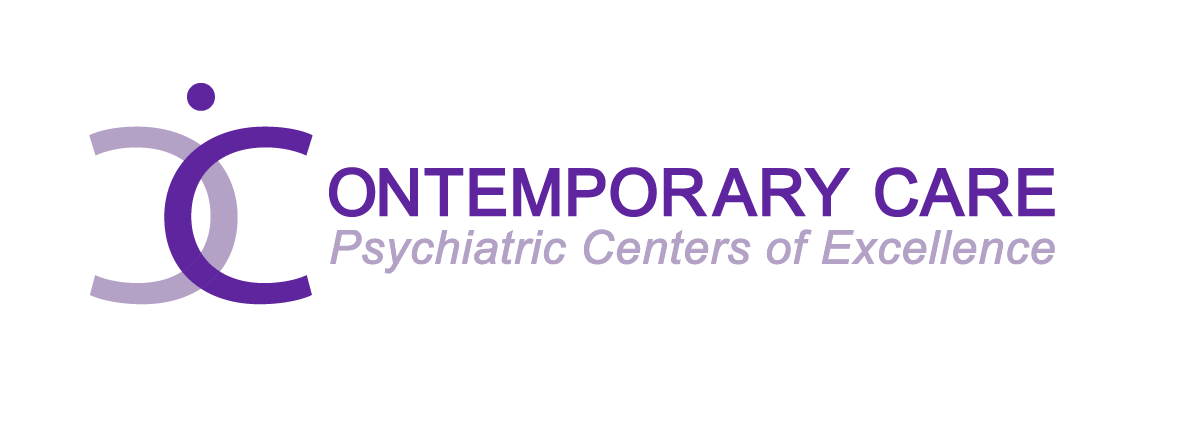Understanding the Winter Blues: Symptoms and Solutions at Contemporary Care Centers
As winter approaches, many of us experience the ‘winter blues,’ a common condition characterized by feelings of sadness or a subdued mood during the colder, darker months. It’s essential to understand why this happens and recognize the symptoms, so you can seek appropriate help. Contemporary Care Centers, Psychiatric Centers of Excellence serving Connecticut and New York, offer services to support those struggling with seasonal mood changes.
Why People Get the Winter Blues:
- Reduced Sunlight: Shorter days and less sunlight can disrupt your body’s internal clock, leading to feelings of depression.
- Vitamin D Deficiency: Sunlight is a key source of Vitamin D, and its scarcity in winter can impact mood.
- Changes in Serotonin Levels: Reduced sunlight can cause a drop in serotonin, a neurotransmitter that regulates mood.
-
Melatonin Levels: The change in season can disrupt the balance of the body’s level of melatonin, which plays a role in sleep patterns and mood.
Symptoms of the Winter Blues:
- Feeling depressed most of the day, nearly every day
- Losing interest in activities you once enjoyed
- Low energy and sluggishness
- Difficulty sleeping or oversleeping
- Changes in appetite or weight
- Feeling agitated or sluggish
- Difficulty concentrating
- Feelings of hopelessness or worthlessness
- Frequent thoughts of death or suicide
At Contemporary Care Centers, we understand the challenges of the winter blues and offer comprehensive solutions:
- Medication Management: Personalized treatment plans that may include antidepressants to help manage symptoms.
- TMS (Transcranial Magnetic Stimulation): A non-invasive treatment that uses magnetic fields to stimulate nerve cells in the brain to improve symptoms of depression.
- Talk Therapy: Engaging with a therapist can provide strategies to cope with seasonal depression.
- Intranasal Esketamine: A new treatment option for those who have not responded to other treatments.
- Vitamin D Supplementation and Light Therapy: Since reduced sunlight in winter can lead to Vitamin D deficiency and affect mood, Vitamin D supplements and light therapy can be very beneficial. Light therapy involves exposure to a lightbox that emits light similar to natural sunlight, which can help regulate mood.
We accept various insurance plans, including Medicare, to ensure our services are accessible. If you or a loved one are experiencing symptoms of the winter blues, don’t hesitate to reach out for professional help.
Contact Us:
Contemporary Care Centers
Phone: 203-792-0400
Serving Connecticut and New York




